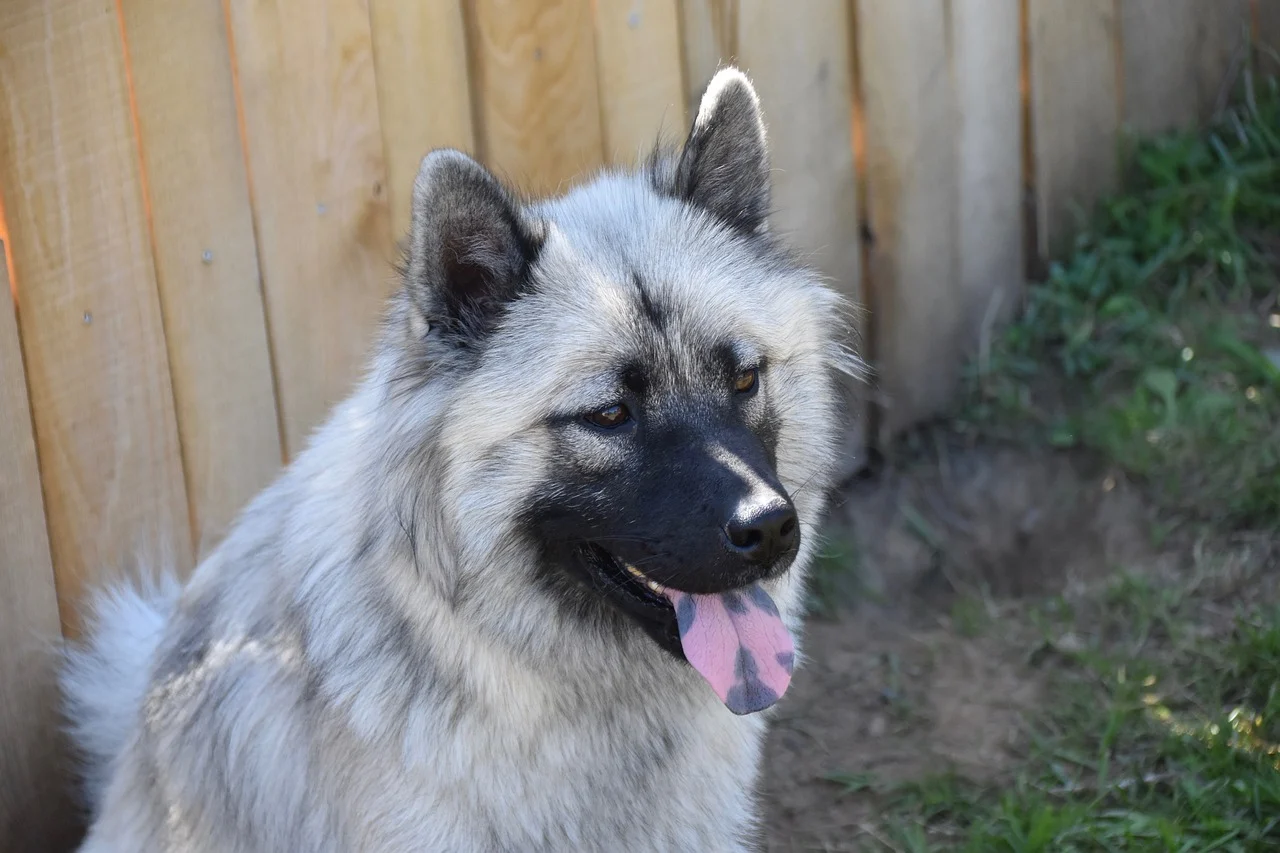Black and blue spots on your dog’s tongue seem like a serious issue. Especially if it’s the first time you notice a black spot on dog tongue. But, even though it seems scary, it doesn’t have to mean anything bad. In fact, many dogs have those spots!
Dark spots on your dog’s tongue are mostly pigment spots, similar to moles in humans. These marks are hereditary and can get bigger over time. And that’s completely normal.
But, that’s not a reason to completely ignore them. In rare cases, these spots can be a sign of a tumor. For example, if the spots change color, or get thicker, or if the surface appears bumpy, you know that something isn’t right. Owners should especially worry if their dog has problems eating because he salivates a lot or has difficulty swallowing. That’s why you should monitor your dog’s spots and take them to the vet if anything seems off.
You should also at least know some basic facts about your dog and that black spot on dog tongue.
While you’re here, read more about your dog’s health and possible health problems:
- Dog breathing fast: Is it dangerous?
- Pneumonia In Dogs: What To Know
- Puppy strangles: What it is and why it occurs
- Underbite Dog Breeds And Other Teeth Problems
- DHPP Vaccine For Dogs: What Is It?
- Anaplasmosis In Dogs: What It Is
- How Long Will My Puppy Poop Worms After Deworming?
Black spot on dog tongue: When to worry
Where do these black spots come from? You know that Chows and Shar Peis are both born with pink tongues, and after about 10 weeks they begin to show spots on their tongues. This is due to additional pigmentation. These darker spots are the result of microscopic grains of melanin and present as flat, pigmented areas on your dog’s tongue, gums, and lips, and mouth.
But, what many people don’t know is that there are 38 other breeds that have black spots too. According to the American Kennel Club, it’s not uncommon for dogs of almost every breed to have distinct black spots on their tongue and gums.
So, no matter what breed your dog is, they might have black spots on their tongues, and it can be completely normal!
Now, as a dog owner, you should know that the texture of these spots is more important than the color. If the spot is raised or looks different from the surrounding spots, this could be a sign of a serious health problem.
What if it’s a tumor or cancer?
Canine skin cancer is often a malignant tumor. There are many types of tumors that can appear on the skin and subcutaneous tissue. But, now we’re focusing on the black-colored, malignant melanoma in dogs. If your vet diagnoses your dog with skin cancer, please don’t lose hope. Know that there are different treatment options your vet will explain to you.
But, how does a dog get skin cancer? Well, your dog’s skin, is his body’s barrier, and it’s exposed to many environmental carcinogenic influences, for example, pathogens, chemicals, UV radiation. because of this, it has one of the highest tumor rates of all organs.
In fact, skin cancer is now one of the most common causes of death in dogs. Every second dog over 10 years of age develops skin cancer. You should know that the development of cancer on the skin is influenced by various external factors.
For example, the formation of cancer cells on the skin is promoted by the UV radiation of sunlight and exhaust gases.
Other environmental toxins can also cause skin cancer in dogs. In addition to all the environmental factors that can usually not be avoided, one trigger that is directly in your home, is cigarette smoke.
What are the treatment options?
If your dog’s skin cancer is large and is at risk of metastasis, your vet might consider the following treatment options:
- Surgical removal of the affected lymph node. This can at least reduce further spread.
- Chemotherapy: Great to curb the process of metastasis.
- Dendritic cell therapy: With dendritic cell therapy, it may be possible to destroy metastatic cells from skin cancer.
For skin cancer that has not been completely removed and has a higher risk of recurrence, your vet might recommend the following treatment options:
- Amputation: If your vet removes the affected area, then they can also remove the tumor/cancer completely.
- Chemotherapy: Chemotherapy is another possilibity. Vets use it to prevent skin cancer from recurring. Usually oncologists do chemotherapy.
- Radiation therapy: The local radiation of the corresponding tissue can destroy all remaining cancer cells. Only specialized radiation centers do radiation therapy.
- Dendritic cell therapy: Dendritic cell therapy can help trigger an immune response against the cancer cells. This can prevent a recurrence. Your vet can do this kind of therapy.

